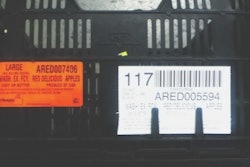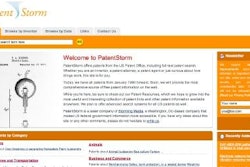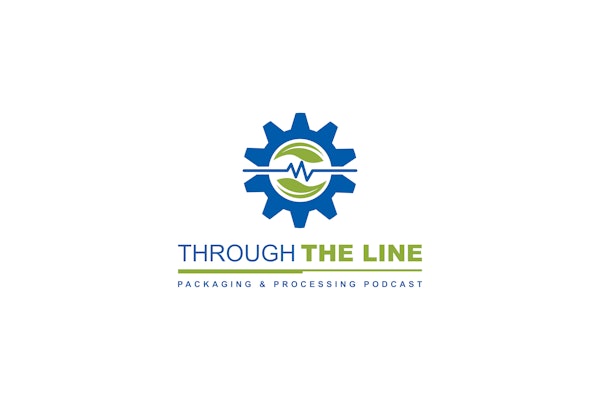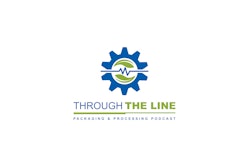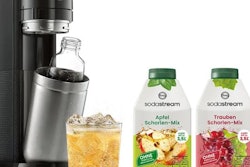That message came through loud and clear at a recent gathering at the EPC Connection event, held in Chicago in October. The topic: The reality of RFID adoption for pharmaceuticals. The panel moderator was Michael Liard, research director, RFID and Contactless, ABI Research.
Panelist Ron Bone, senior vp distribution support, McKesson Corp., says RFID is a major concern for McKesson. With $90 million in annual revenues, it moves three to four million units daily. The distributor began its foray into RFID before joining Project Jumpstart, then Project OnTrack, which involved Pfizer’s Viagra. Bone characterizes RFID progress as slow due to early challenges.
“Try to [implement] RFID without changing your business process,” he suggests. “There’s a lot to be learned in implementation, and it’s a good thing companies are sharing learnings from challenges.” He also asked aloud if there is to be a new Federal mandate relating to RFID.
Pfizer, involved in RFID since 2004, began shipping Viagra in HF (item) and UHF (case) with a 2-D barcode as backup in December 2005, according to panelist Peggy Staver, Pfizer Pharmaceuticals’ director of product trade integrity. The pilot was subsequently extended to Celebrex. She noted that pharmaceutical companies were working internally on serialization development. Staver suggested that companies conduct a risk assessment to determine where to initially apply RFID. She also raised two key questions for them to ask: What are resource requirements? What are the financial requirements?
Panelist Heather Zenk, director, integrated solutions, Amerisource Bergen Corp., noted that the company handles HF frequency at the item level, and UHF at the case level. Its implementation extends from the manufacturer to pharmacies and hospitals. “What if one product isn’t read in a 48-count case? Can it be inferred that it is in there? Or what do we do?” Zenk asked.
The fourth panelist was Leslie Hand, director, Global RFID strategy, Ahold USA, the Dutch grocery chain that operates 628 pharmacies in the U.S. Ahold’s first pilots were for pharmaceutical products.
Hand said that Ahold was struggling with RFID implementation. She confessed that Ahold was in a quandary of knowing where to go next. Her dilemma: “We can’t afford to invest in the wrong hardware for the long run.” Hand pointed out that the pedigree process breaks down without standards and when a case is broken down. “At that point, we lose the integrity to track and trace it. We’d like to find solutions that work for all of us. [Companies] need to play a part now. The more voices that are heard, the better.”
To read the entire report, see packworld.com/view-24245.


